In Sydney’s Bennelong, where Chinese Australians make up a large share of the electorate, the fight for votes is playing out on unexpected turf: Xiaohongshu.
Labor MP Jerome Laxale, who narrowly won the seat in 2022, has taken to the Chinese lifestyle app—also known as RedNote—distributing 30,000 Lunar New Year red envelopes with QR codes linking to his account. “If you want to connect with voters, you need to be where they are,” he says.
Prime Minister Anthony Albanese, whose approval ratings have slipped ahead of the May 3 election, is betting on holding seats like Bennelong. But with inflation biting and economic growth sluggish, it may not be enough.
Opposition leader Peter Dutton, hoping to regain ground lost during Scott Morrison’s confrontations with Beijing, is also courting Chinese Australians, particularly in seats like Victoria’s Chisholm and Menzies. These are areas where the Chinese-Australian vote swung heavily against the Liberals in 2022.
Apps like WeChat and Xiaohongshu are now campaign tools. At least 21 politicians have joined Xiaohongshu, despite mild security concerns. Some, like Liberal MP Keith Wolahan, boast more followers there than on X or TikTok. Xiaohongshu itself appears to throttle political content, but QR-code strategies are keeping candidates visible.
Beyond geopolitics, it’s bread-and-butter issues that may determine the swing. Chinese-Australian small business owners are sensitive to rising interest rates, housing costs, and taxation. Labor points to restored China trade ties. Liberals promise economic relief and support for enterprise.
For voters like mortgage broker Frank Guo in Bennelong, it's a close call. “I voted Labor last time because of the anti-China talk,” he said. “But this time, I may go back to the Liberals—they speak to my class.”
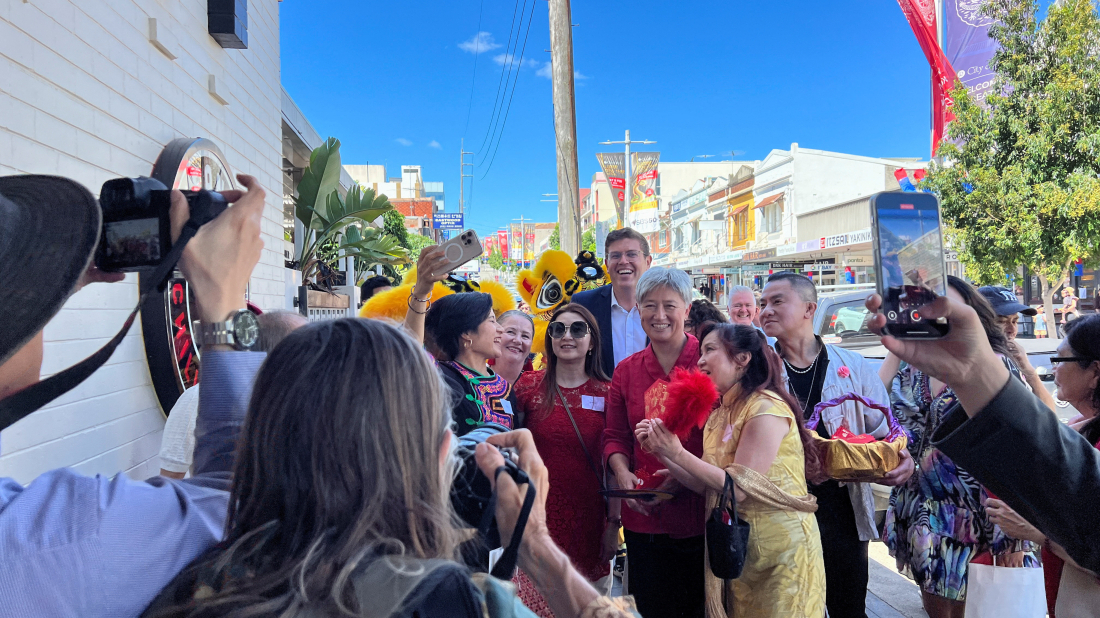
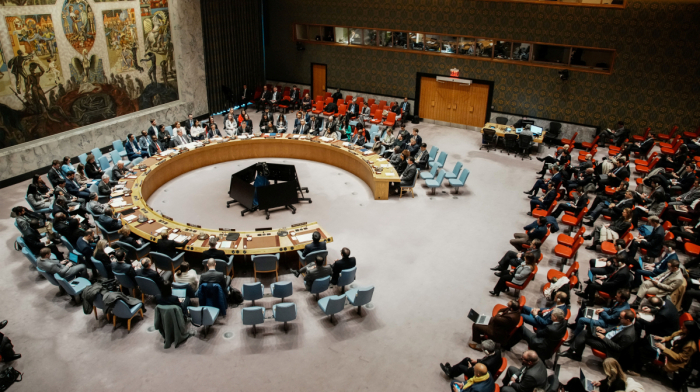


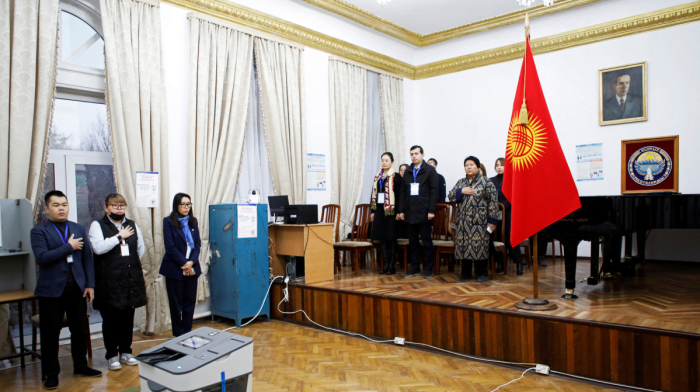
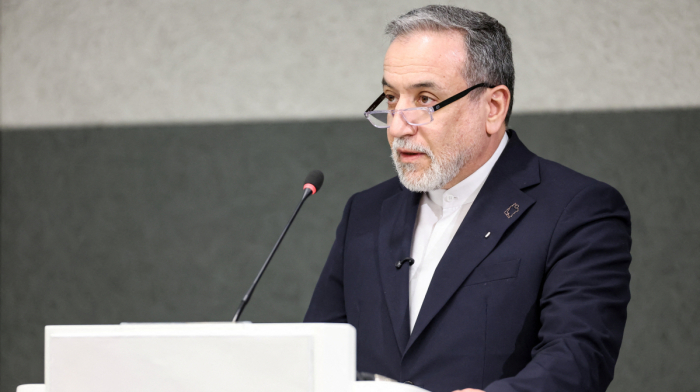

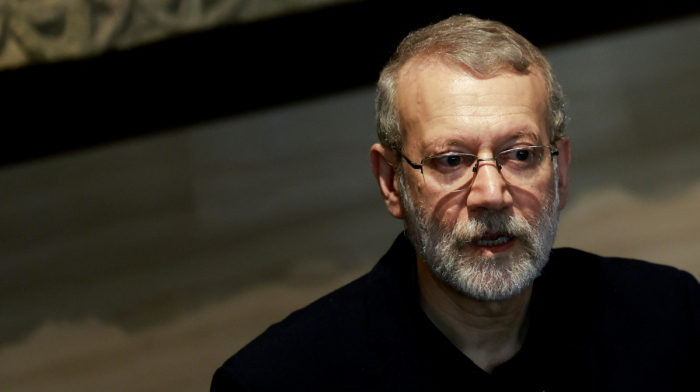


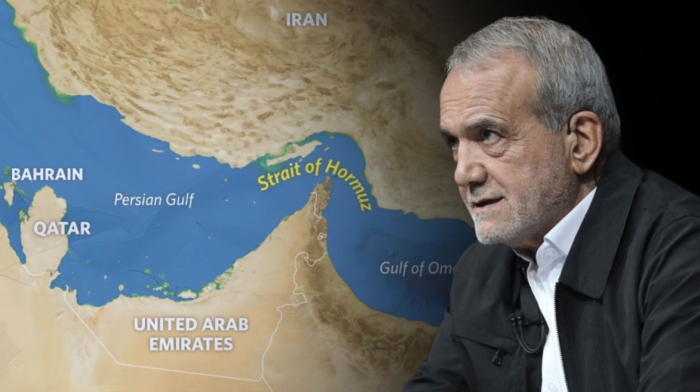
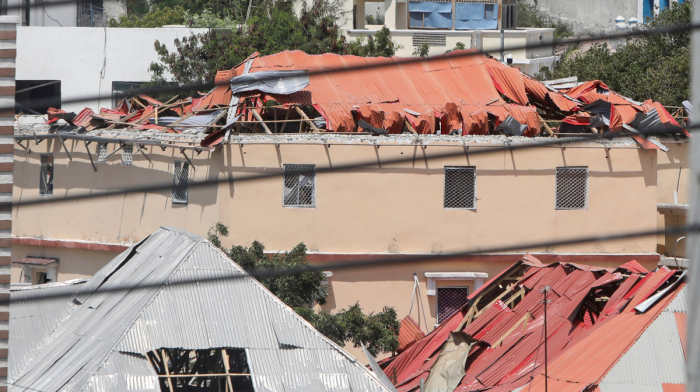

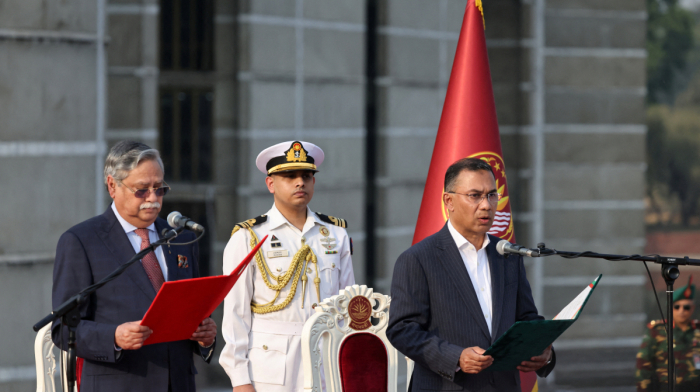
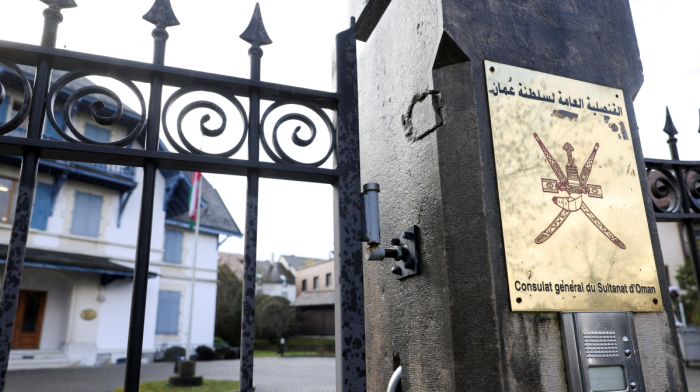



What is your opinion on this topic?
Leave the first comment